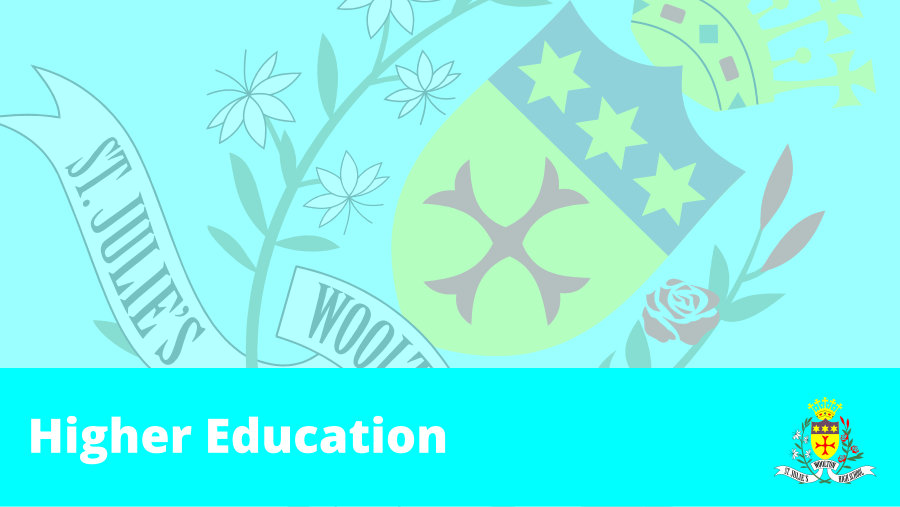Check out these interview tips in from Yipiyap.
At Yipiyap we know a thing or two about a good interview. Every year in our quest for our brilliant team of tutors (our Yipiyaps), our team of Regional Directors and Senior Interviewers interview hundreds of applicants. The candidates we interview are mainly Year 13s looking to take a gap year. They are all academically capable, budding young professionals but on the whole have very little interview experience; maybe some mock interview training at school/ college, perhaps a part time job interview alongside their A levels, but very few have had a formal professional interview. Just round the corner are potentially the most important interviews of their lives: University Interviews!
| So, what are our top tips for interview success? Be prepared! Ever heard the saying ‘Fail to prepare, prepare to fail’? Well, there is no better platform to demonstrate this than at an interview so make sure you really invest in your preparation, after all this interview has been hard won! No two universities will conduct interviews their interviews in the same way, so make sure you do your research and find out what type of interview you will be having. There are lots of online resources to help you with practice questions so make sure you look at those too. |
| As a company that really cares about our employees’ progress, one of the first things we do in their gap year with us as part of our YEP (Yipiyap Enrichment Program) is our Mock Interview Training. We put our Yipiyaps through their paces and provide them with invaluable feedback about their performance. We really want them to shine at their university interviews and be the very best versions of themselves. |
| Have your stock answers ready for those common questions like ‘Why do you want to study this subject?’ and ‘Why do you want to study here?’. Practice these responses to help you feel confident and unflustered but ensure they are not too scripted. Don’t forget, it comes across well to have some questions for your interviewer prepared too. |
| Make sure you know your personal statement back to front. You are the expert on this and should be able to tackle any question thrown at you. If you’ve said you’ve read a book about something, make sure you have. If you’ve said you have a passion about something, be able to talk enthusiastically about it. |
| If you have a virtual interview, practice talking to people via video call. This will help you learn how to communicate effectively over video and will also let you test your background and the environment that will help you feel comfortable during your interview. In your practice run, make sure that you are clearly visible and that your face is not in shadow. Position yourself directly in front of the camera, ideally with some natural light from a window or a bright lamp in front of you. If you sit with a window behind you, the examiner will not be able to see your face clearly enough. Please ensure your background is not an unmade bed or a pile of your dirty washing! Always make sure you test out your interview environment and the software before your interview. |
| Last, but definitely not least, have a good night’s sleep the night before so you are refreshed and ready for the day ahead. |
| 2. On the day! At all times, be respectful of your interviewer and the opportunity of this interview. Even if it’s not your first-choice university or course, treat it as such! |
| If your interview is on campus, make sure you turn up at least 30 minutes beforehand so you can find your feet and avoid any last-minute panics. If you’re doing a virtual interview, ensure you’re all set up in advance, your Wi-Fi connection is strong, and you have a glass of water next to you. |
| Make sure you are looking your best, smart and tidy. It helps your mindset as well as giving your interviewer a good initial impression. Demonstrate confidence: make eye contact – even if you are interviewed virtually – and connect with a good handshake if you are being interviewed in-person. Listen to the questions asked and let the interviewer know you have understood what they have said. If you don’t understand, ask for clarity rather than going off on the wrong tangent. Try and keep on point with your answers. Nerves can sometimes cause us to ramble so try to keep your answers focused. Don’t dwell on anything negative – have stock answers prepared to give anything you anticipate may be awkward a positive spin if possible. Smile and engage throughout the interview, even if you feel it is not going as well as you hoped. Always say ‘thank you’ at the end of an interview. Leave your ‘best you’ in the interview- don’t come out thinking you could have done better – make the most of the opportunity when it’s there. You will have earned your university interview based on merit, so with good preparation and a clear head on the day; there’s nothing to worry about. Everyone gets nervous and this is a good thing to help you perform to your best ability but remember to breathe, take your time and most of all be yourself. After all, that’s who your interviewer is interested in speaking with. |

